As the home of dance, the Royal Academy of Dance is here to support you when you can’t leave yours! At the RAD, we know that a passion for dance can thrive anywhere—even in your living room. Embrace a lifestyle of movement, creativity, and mindfulness. Let us bring the joy and benefits of dance directly to you, wherever you are.
Whether you’re perfecting your technique or diving into expert podcasts and publications, we offer a variety of resources to enrich your everyday routine. With online classes to guide your practice, inspiring stories to keep you motivated, and playlists to lift your spirits, RAD makes it easy to stay fit, informed, and connected to the dance world. Join us as we bring the joy and benefits of dance into your home, wherever you are. Dive in and discover how the RAD can help you stay fit, inspired, and dancing every day!
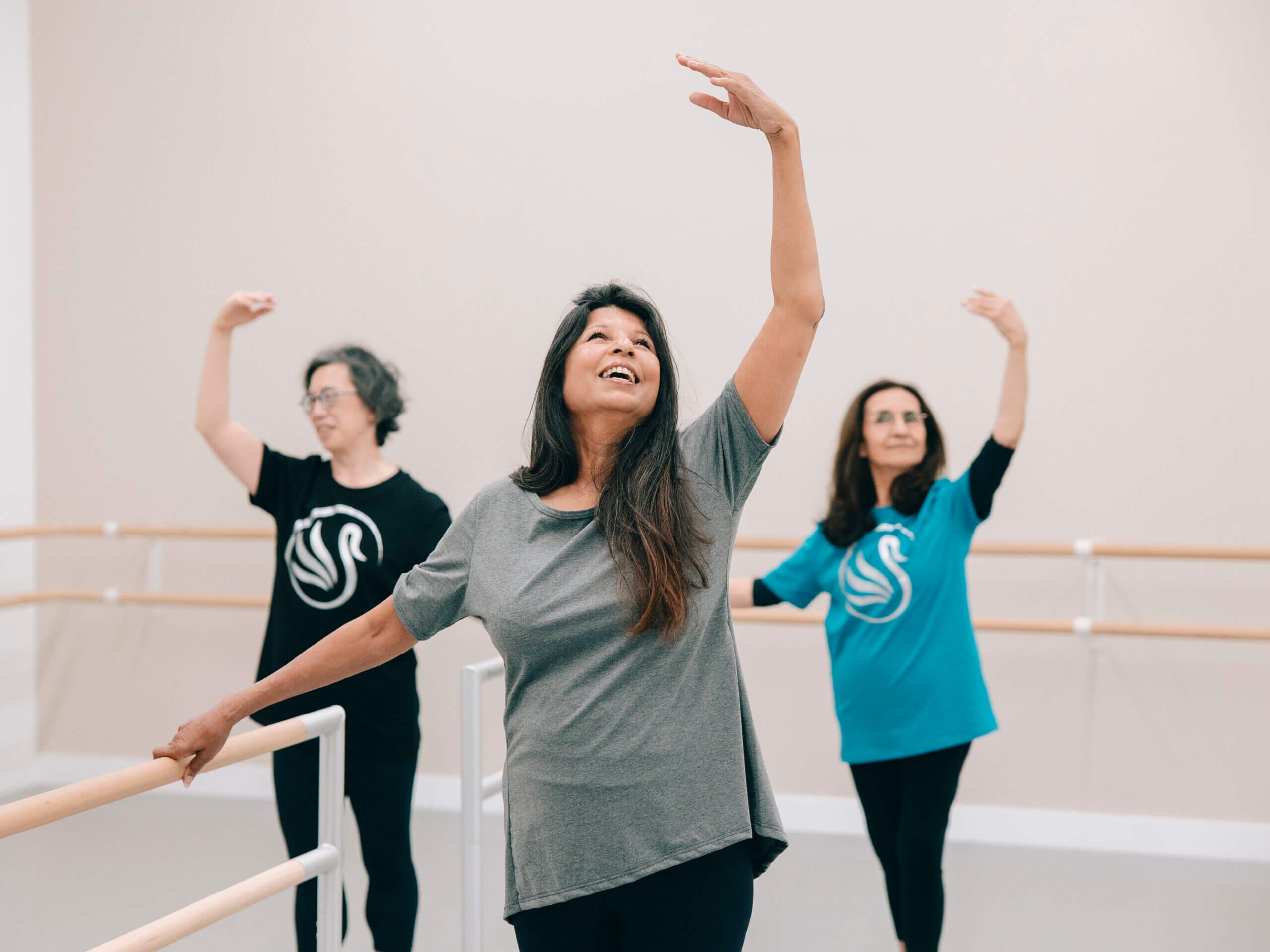
Silver Swans classes by the RAD
Join RAD teacher and Silver Swans expert practitioner, Sarah Platt, in manageable bitesize videos.
Silver Swans classes by our Licensees
Join our Silver Swans Licensees for short taster classes.
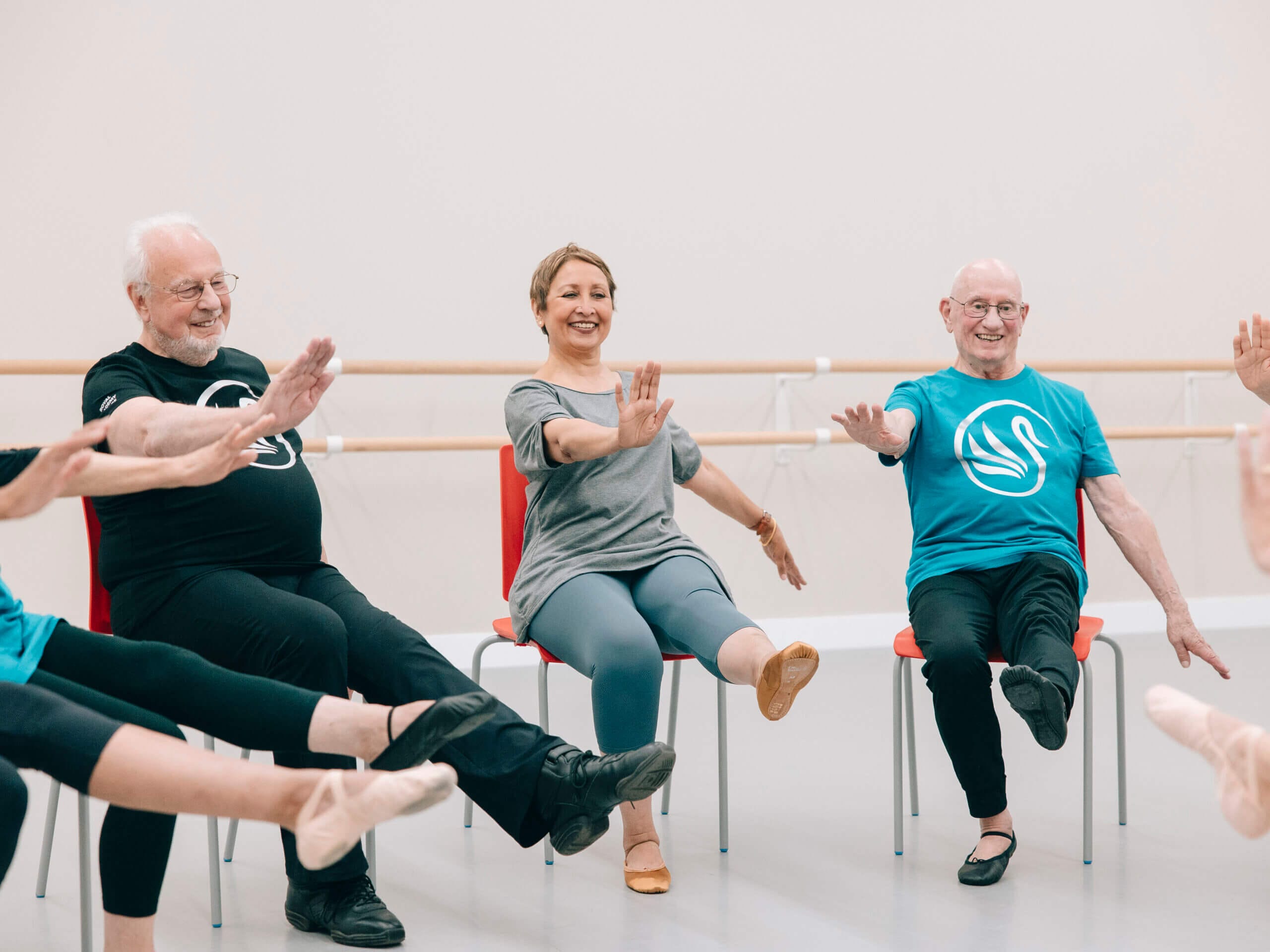

Dance Gazette to Your Screen
With Dance Gazette, you’ll get insider knowledge of the latest trends, cutting-edge techniques, and inspiring stories from top dancers around the world.
David Jays, Dance Gazette editor, selects some inspiring articles about accepting life’s tests and preparing for change.

Why Dance Matters podcast
Why Dance Matters is a series of conversations with extraordinary people from the world of dance and beyond. It traces the impact of dance on their lives and asks why dance matters to them – and why it might matter to us all.
The RAD inspires the world to dance, and we hope these insightful personal conversations – hosted by David Jays, editor of Dance Gazette, the RAD magazine – will delight and even surprise.
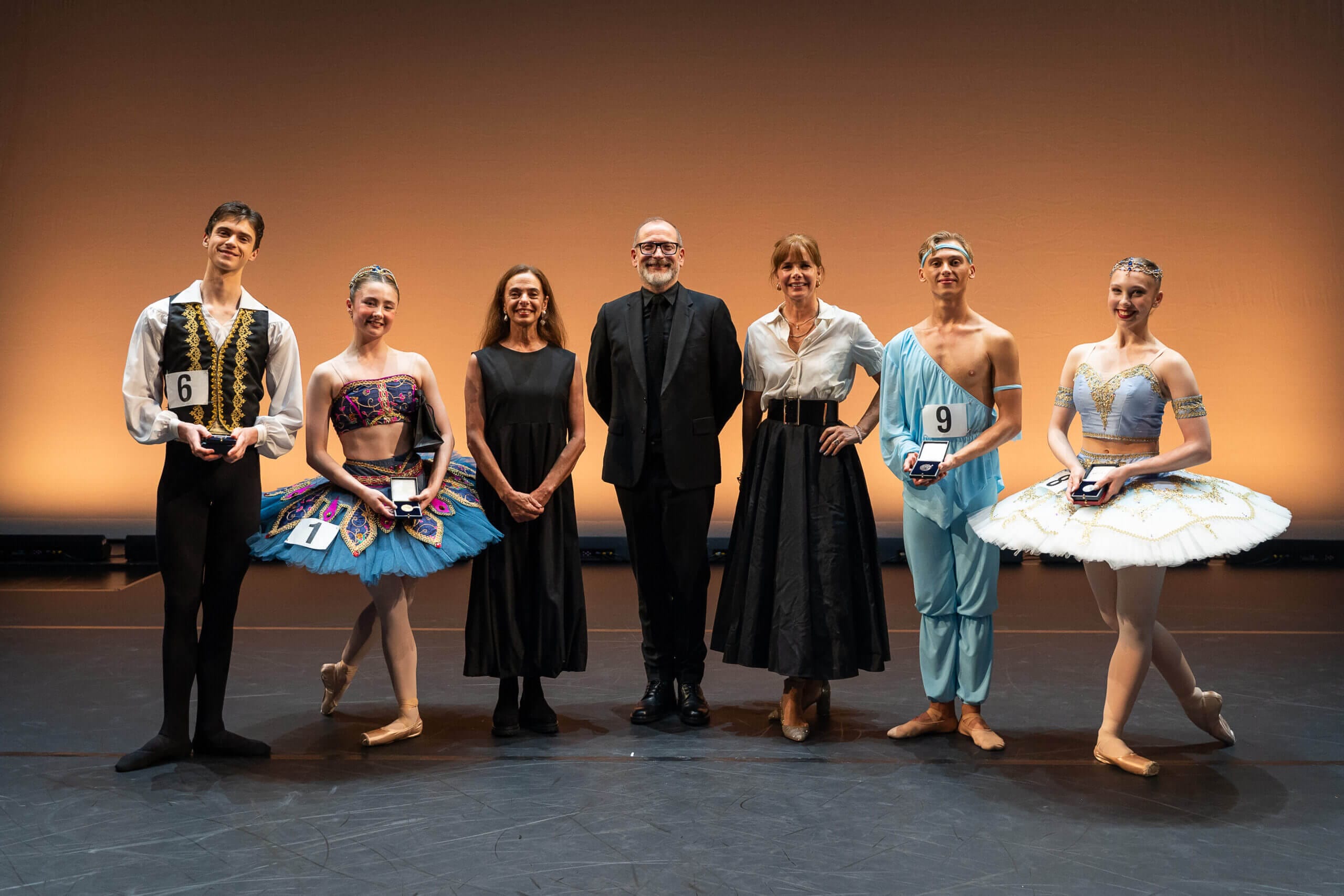
Zoom in on The Fonteyn
An insightful series of online interviews and reflections, held over Zoom, relating to The Margot Fonteyn International Ballet Competition.
Step into Dance virtually
Watch our Step into Dance performance highlights and battles across the years!
Talented Secondary Schools from across London and Essex perform and compete across various styles and genres of dance.
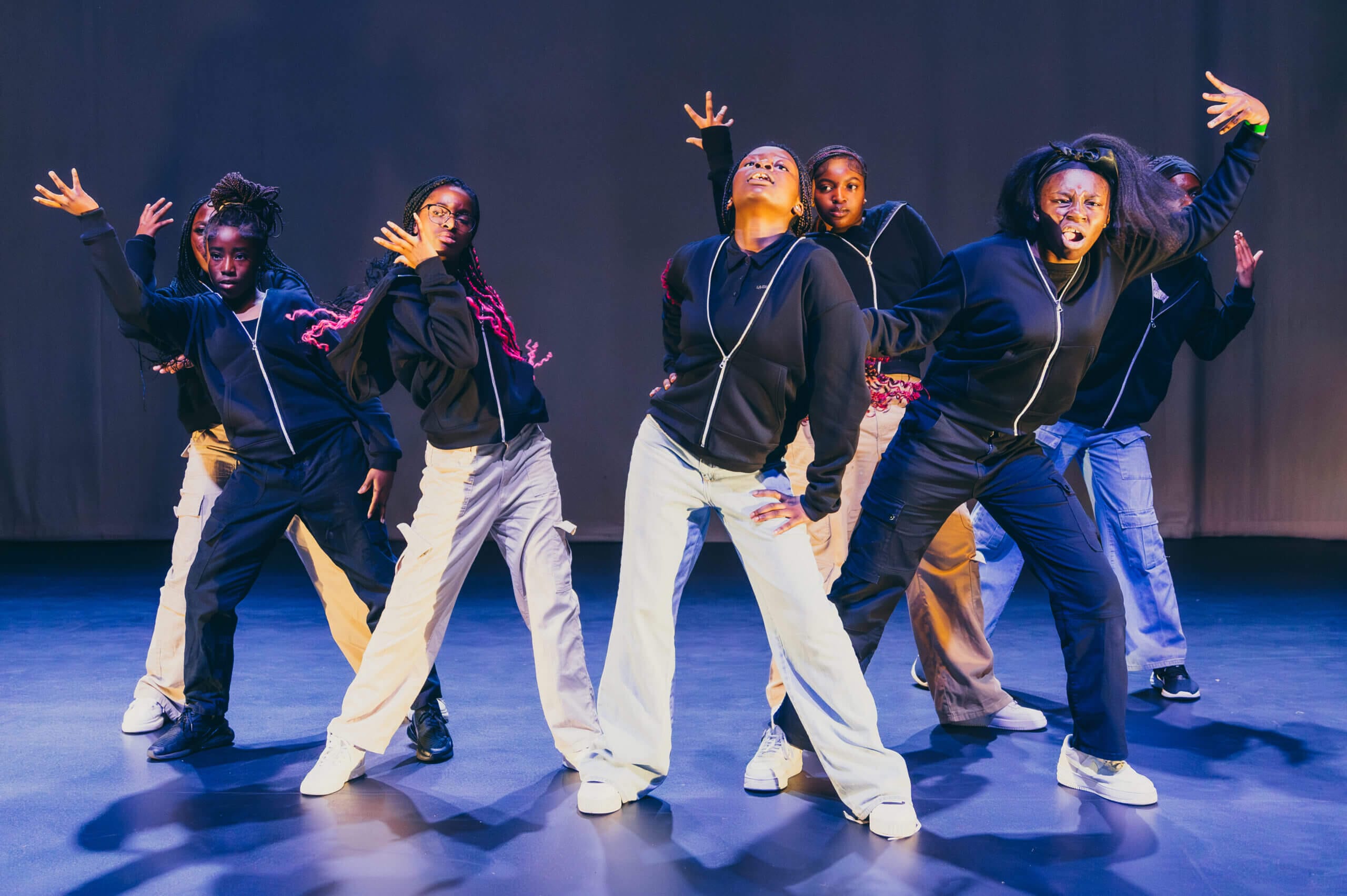
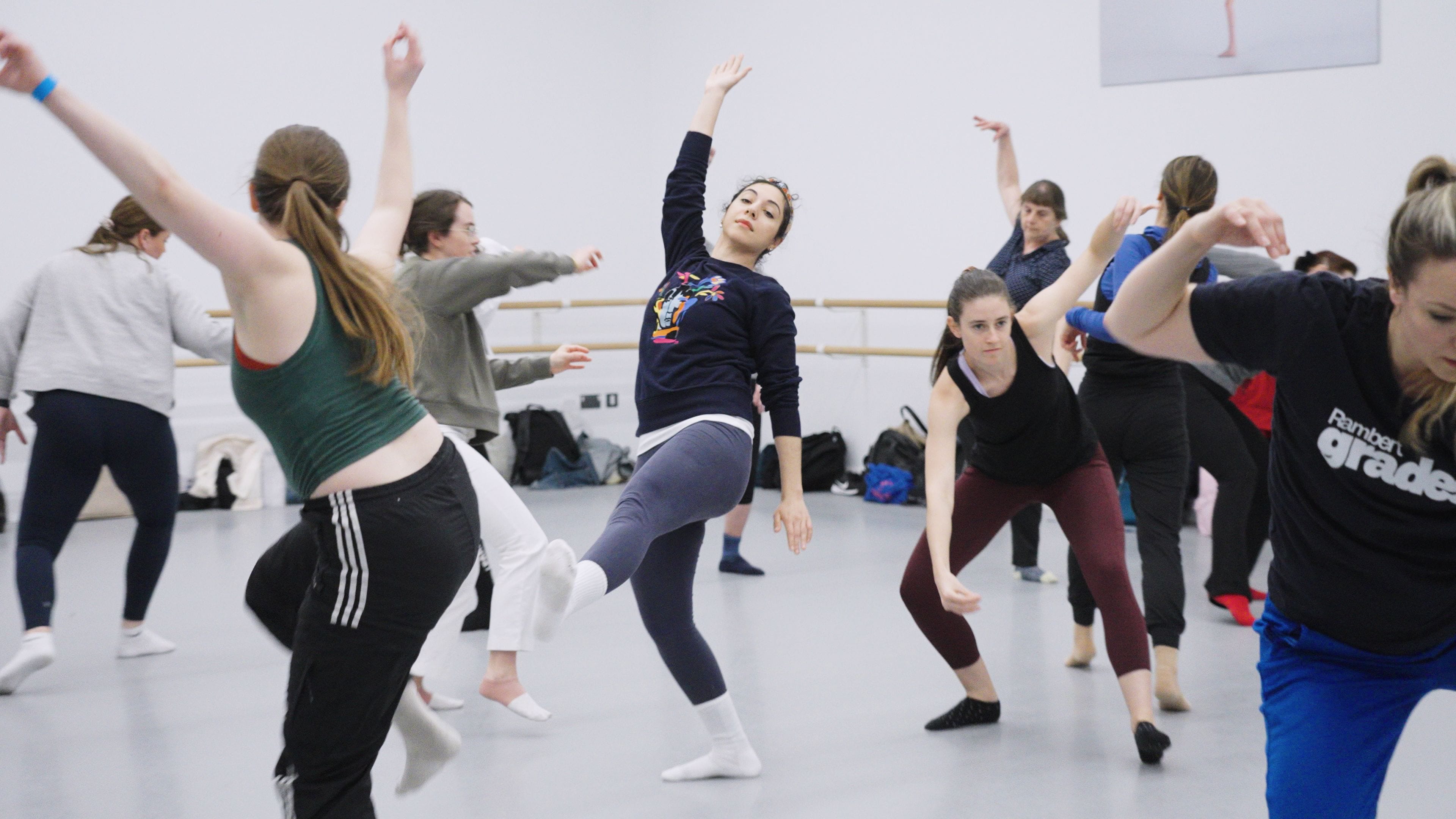
Content for RAD Members
Don’t forget to log in to the Members’ Area for even more content, such as our Dance Gazette publication.
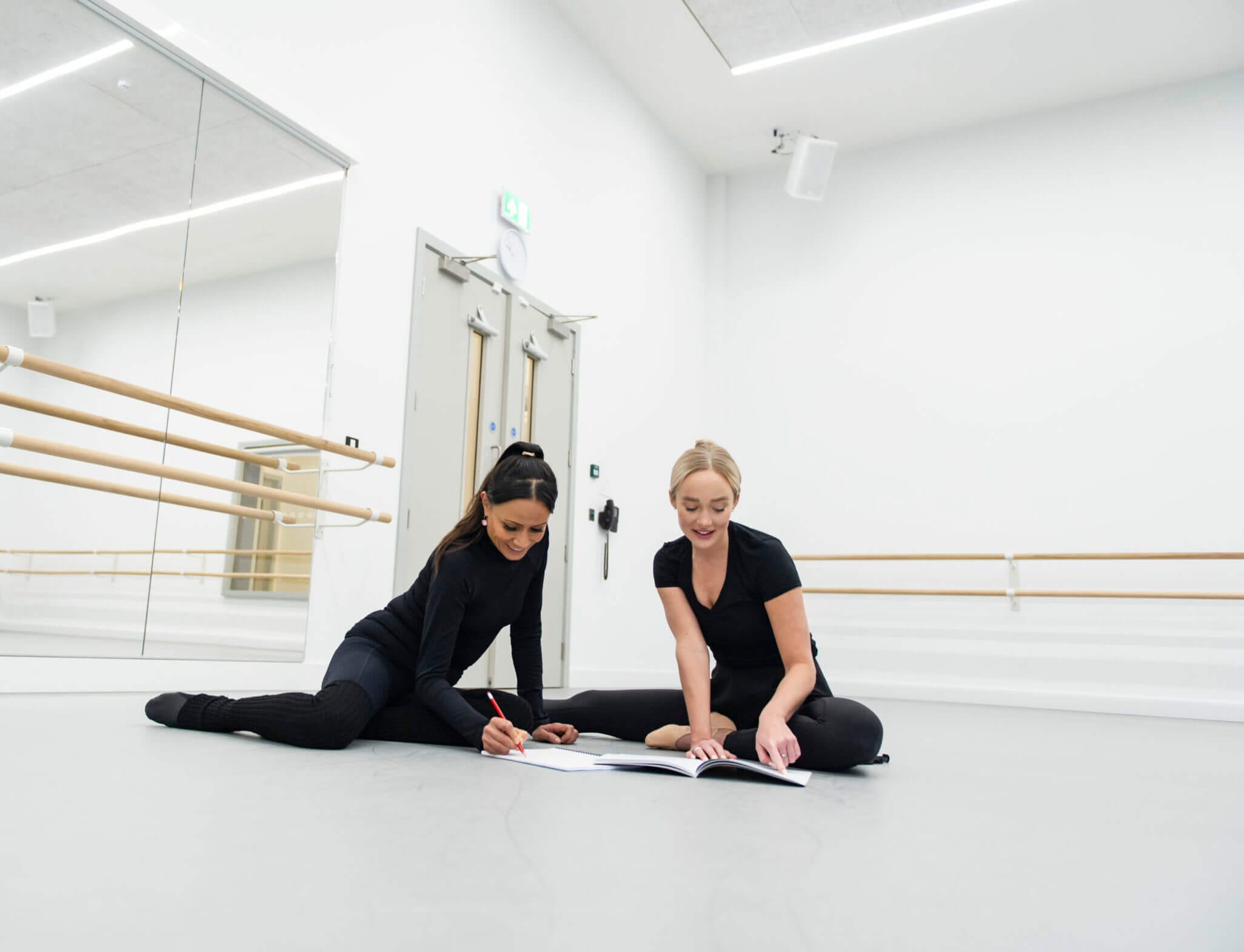
Harlequin Home Studio
A 10% discount is available for RAD members buying home studio equipment from the Harlequin webshop for delivery in the UK. Log into the members’ area to get the code. For more details please visit the Harlequin website.
You may also be interested in…
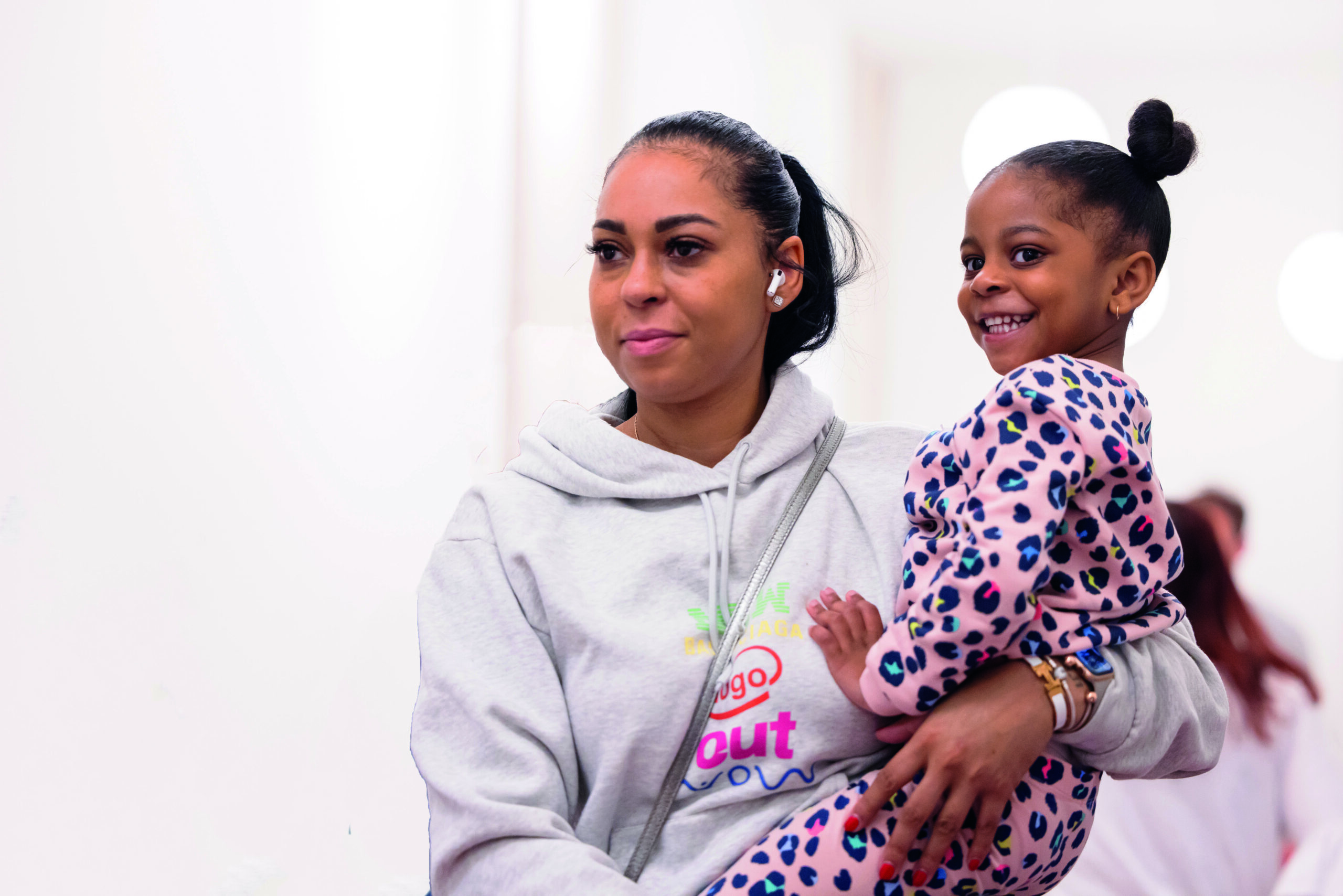
Support us
We are a charity, relying on donations from trusts and foundations, corporations, and individuals. Support us in our mission to bring dance into communities.
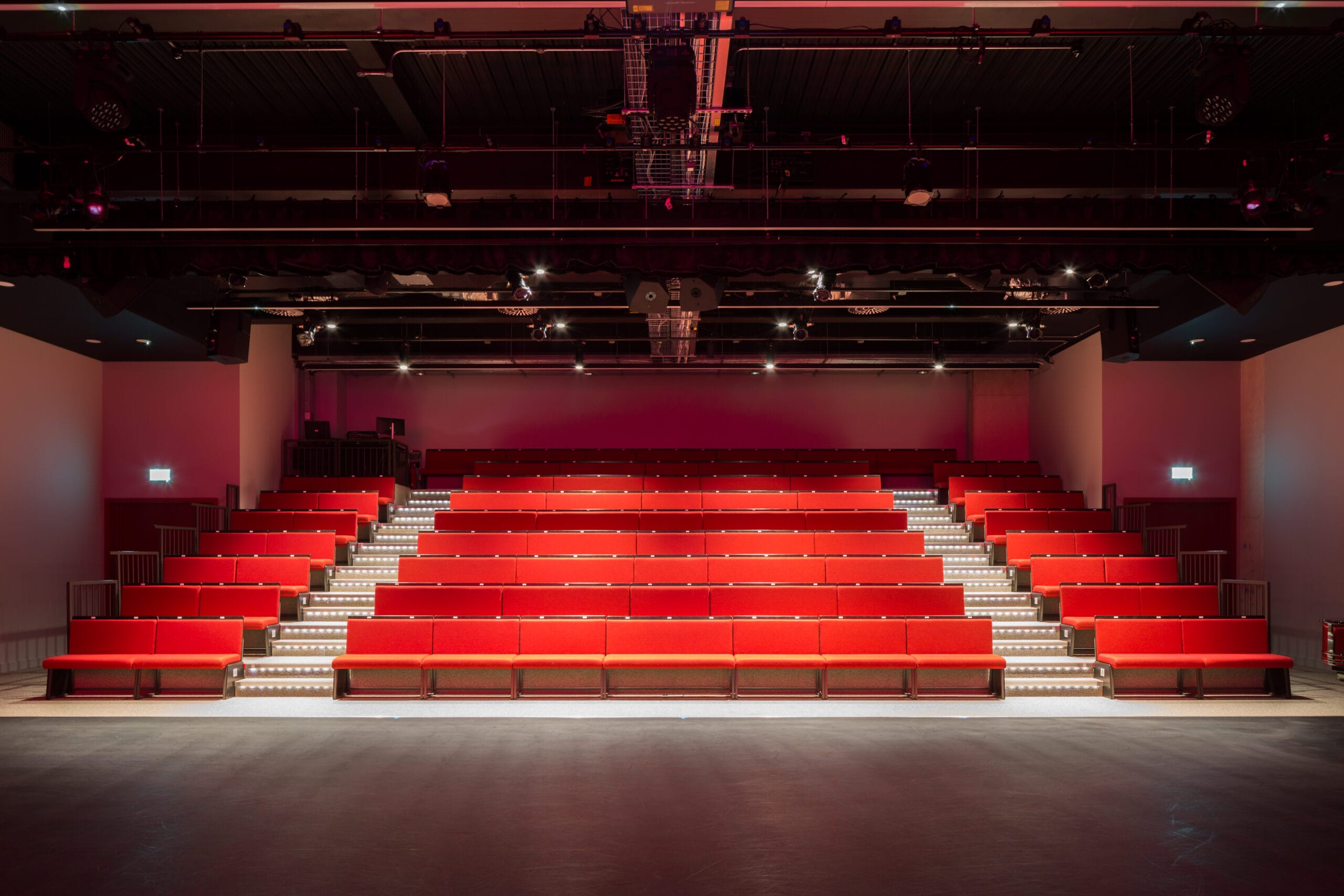
Hire our venue
Whether you are looking for the perfect stage for your next performance or hosting a corporate function, hire us for your next event.

Subscribe to our mailing list
- Be the first to hear about our news and events
- Choose the type of news that interests you
- Get discounts from the RAD shop

